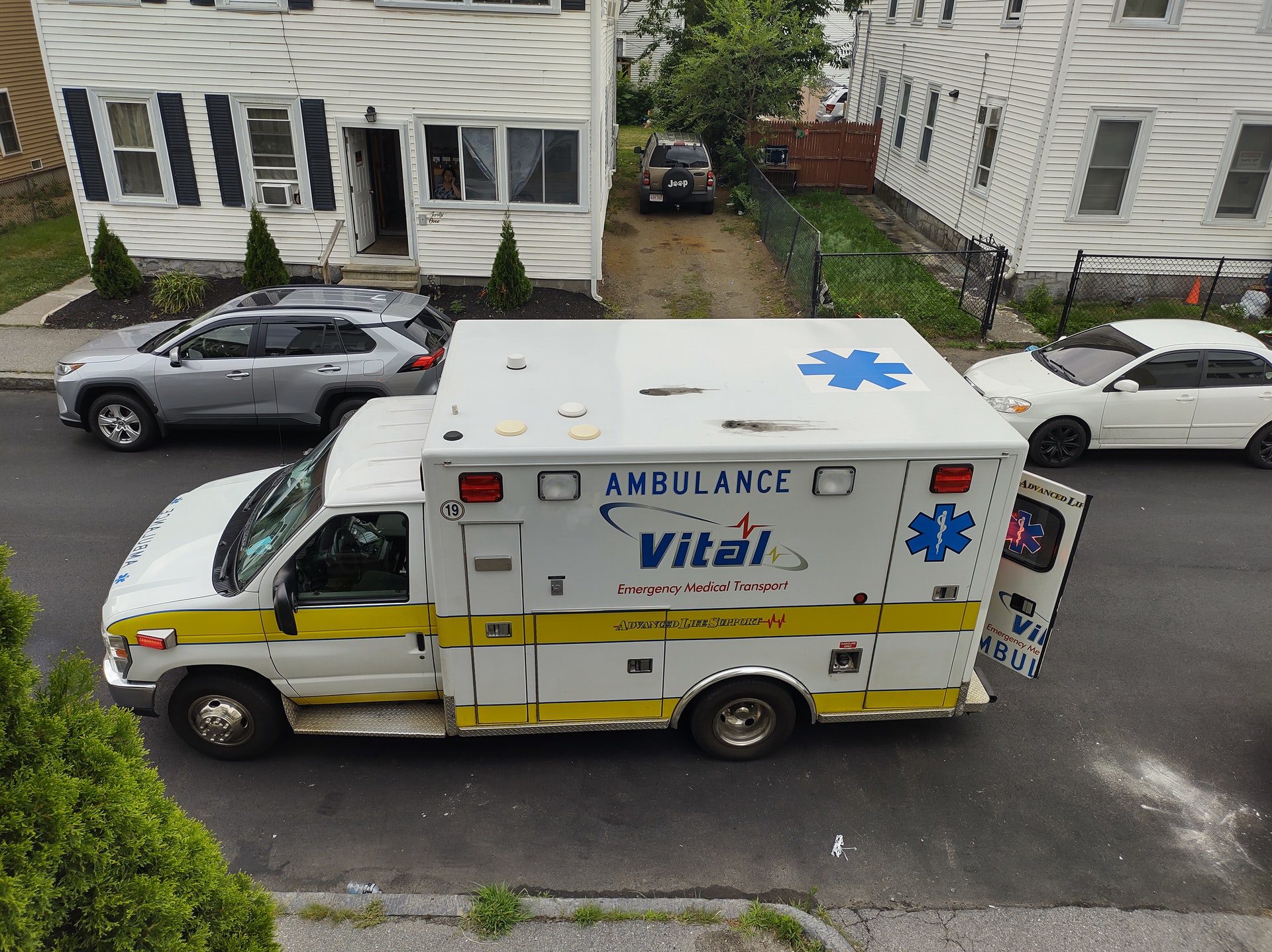
Site Snapshot: How Three Counties Are Serving High-Needs Populations
Across the U.S., hundreds of jurisdictions have committed to improving their systems’ responses to “priority populations,” people who frequently and repeatedly encounter law enforcement, jails, and emergency departments, and other social services.
The CSG Justice Center is highlighting three of these communities: Bernalillo County, New Mexico; Fulton County, Georgia; and Polk County, Iowa. To understand their progress and their challenges, we will check in with these counties over the course of the next two years. Each of these jurisdictions is both a Stepping Up Innovator County and a MacArthur Foundation Safety and Justice Challenge site.
Bernalillo County, New Mexico
Project start date: May 2019
Priority population: People who have been booked into the local detention center multiple times in the previous 18 months and have made at least 1 visit to the county’s detox or Public Inebriate Intervention programs within the previous 3 months
Project mission: Improve quality of life for the priority population and disrupt or end their cycling through the criminal justice and emergency health systems.
Highlights to date:
- County officials whittled down 37,000 jail booking records and cross-identified them with thousands of medical and behavioral health visit records to create a priority population list.
- The county developed a formula weighting relevant events—jail bookings, jail psychiatric unit stays, or behavioral health program visits—by severity.
- One person who received case management as a result of this effort went from spending $700 a week on drugs (financed through property crime) to successful detox.
Data points:
- As of October 2020, 30 percent of people on the priority population list were designated by the jail as having a mental illness or being at risk of suicide, and 22 percent were assessed as having serious mental illness.
- Of 216 people on the list in August 2020 for whom data were available, 92 percent had visited the emergency department (ED) more than once since February 2019, with one person visiting the ED 228 times during that period.
Upcoming goals:
- Develop a cloud-based, Health Insurance Portability and Accountability Act (HIPAA)-compliant system to house the priority population list. With this upgrade, criminal justice partners who sign a memorandum of understanding and confidentiality agreement will have access to the list in order to better serve people entering the system.
Fulton County, Georgia
Project start date: January 2020
Priority population: People identified via analysis and data-matching from the city, county, and state criminal justice systems; health care and forensic service providers; and local Homeless Management Information systems
Project mission: Improve service coordination and stabilization of the target population, thereby reducing arrests, shortening jail stays, reducing recidivism, and averting costs.
Highlights to date:
- In partnership with a local health system, the county Superior Court was awarded a $750,000 Justice and Mental Health Collaboration Program grant from the U.S. Department of Justice’s Bureau of Justice Assistance to support this project.
Data points:
- The 60 people who were booked into Fulton County Jail most often from 2017 through 2019 had 766 total bookings, an average of 12.8 bookings each over the course of three years.
Upcoming goals:
- Overcome barriers to data sharing and automate the data-matching process to enable real-time access.
- Engage community providers to create a screening process and a coordinated system of care for the priority population.
Polk County, Iowa
Project start date: September 2018
Priority population: People who overutilize public safety services such as the jail, emergency medical services (EMS), and police—known as “Familiar Faces”
Project mission: Connect the target population to community-based services and supports to reduce calls for service and jail stays.
Highlights to date:
- Over 350 law enforcement officers have received Crisis Intervention Team training to support their efforts in responding to the target population.
- With Polk County IT, the Familiar Faces project team is developing a data platform that aggregates a list of the top 100 people with the most frequent jail bookings and 911 calls.
- One person identified through the project was calling EMS 5–7 times daily for assistance getting in and out of his wheelchair. He is now receiving supportive services and his calls for service have ended.
Upcoming goals:
- Train jail diversion staff to use the Familiar Faces platform.
- Verify and enter into the platform target population members who were served prior to the creation of the platform.
About Stepping Up
Stepping Up is a national initiative comprised of over 500 counties committed to reducing the number of people with mental illnesses in jails. Stepping Up is jointly led by The Council of State Governments Justice Center, the National Association of Counties, and the American Psychiatric Association Foundation.
About the Safety and Justice Challenge
The Safety and Justice Challenge, an initiative of the John D. and Catherine T. MacArthur Foundation, seeks to reduce over-incarceration by changing the way America thinks about and uses jails. The Challenge supports efforts to improve local criminal justice systems across the country by safely reducing over-reliance on jails, with a particular focus on addressing disproportionate impact on low-income individuals and communities of color.
Photo credit: Rhodi Lopez via Unsplash

As the Stepping Up initiative marks its 10th year, America’s justice and behavioral health systems are facing a…
Read More19 states were recently granted permission by CMS to reimburse critical reentry services with Medicaid funding for up…
Read More"It is the humane, person-centered approach that supports and stabilizes individuals, their families, and their communities."
Read More The 10-Year Impact—and Future—of Stepping Up: Facing the Behavioral Health Crisis in Jails and Communities with Real Solutions
The 10-Year Impact—and Future—of Stepping Up: Facing the Behavioral Health Crisis in Jails and Communities with Real Solutions
As the Stepping Up initiative marks its 10th year, America’s justice and…
Read More A “Once in a Generation Opportunity” to Improve Reentry for Nearly 2 Million People
A “Once in a Generation Opportunity” to Improve Reentry for Nearly 2 Million People
19 states were recently granted permission by CMS to reimburse critical reentry…
Read More Local Criminal Justice System Innovations in Mental Health Services: Q&A with CSG Justice Center Advisory Board Member Dr. Doreen Williams
Local Criminal Justice System Innovations in Mental Health Services: Q&A with CSG Justice Center Advisory Board Member Dr. Doreen Williams
"It is the humane, person-centered approach that supports and stabilizes individuals, their…
Read More









